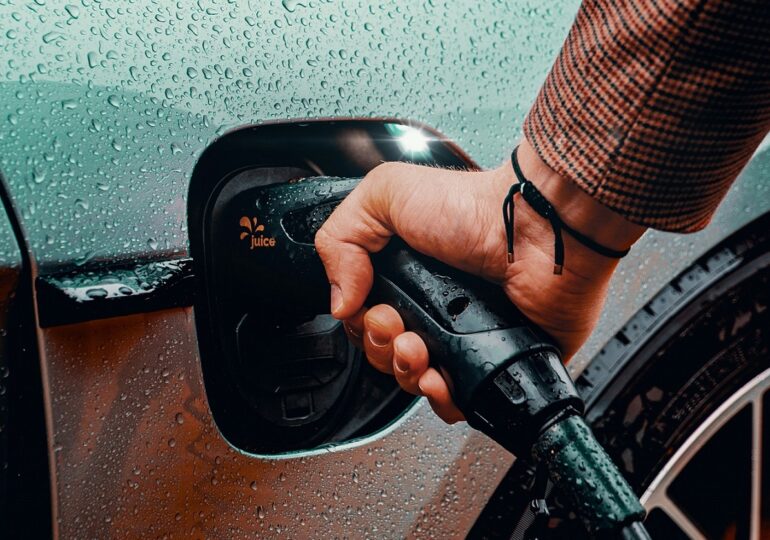A group of South Korean researchers has developed a new sodium-based battery that can be charged in just a few seconds, which could eliminate one of the biggest drawbacks of electric cars.
Sodium-ion batteries have been around for some time, but they have the disadvantage of lower energy density compared to lithium-ion batteries, resulting in reduced autonomy, reports Techopedia.
By incorporating improved materials in the anodes and cathodes of the battery, the team at the Korea Advanced Institute of Science and Technology (KAIST) has created a hybrid sodium-ion energy storage system with fast charging and ultra-high energy density.
Another advantage of sodium-based batteries is that sodium salt is much cheaper than lithium, commonly used in electric vehicle batteries.
According to the U.S. Department of Energy, the average charging time at fast charging stations between 2020 and 2023 was 42 minutes. Lengthy charging sessions are one of the reasons that discourage consumers from transitioning to electric vehicles and raise safety concerns for vulnerable user groups.
The team at KAIST is not the only one working on technologies to make electric cars more easily adoptable.
Chinese automaker IM Motors recently unveiled an ultra-fast charging solid-state battery that also offers greater autonomy.
C.S.

